The Top 5 Things to Remember About Asking for Gifts
by Brian Saber
Lately, I’ve been busy asking for significant gifts for Northwestern Settlement in Chicago where I’m serving as their campaign consultant and manager. It’s great to be back in the field, doing frontline fundraising along with all our Asking Matters members and followers.
I’m reminded that asking for gifts can feel daunting even when you’ve been at it for 28 years, and I recently took some time to make a list of the top five things for me to remember.
 #1 There is no one right way to ask.
#1 There is no one right way to ask.
Ask in your own style and your authenticity will win the day.
No question – having developed the Asking Styles and knowing I’m a Kindred Spirit is huge. It validates the way I’ve asked all these years and gives me the confidence to keep doing it my way.
#2 You are only the messenger.
Whether or not someone makes a gift is not your responsibility.
This took me awhile to believe. But it is true. I can only open the door and engage the donor. If I tell a powerful story, treat the donor well, and follow up appropriately, I’ve done my job.
#3 Your main role is to ask questions that engage the donor and to listen.
Asking for the gift is important but only a sliver of the conversation.
When I finally looked at the conversation analytically, I was struck by how little time is actually spent talking about a gift. Most of it is spent learning about the donor and having a conversation about the organization or program. And if I learn a lot and lead a rich conversation, it’s very likely a great gift will follow.
Asking for the gift is important but only a sliver of the conversation.
#4 Asking for the meeting is the biggest ask.
Virtually no one will meet just to say “no.”
This one I’ve always believed, and it’s true. Every time, I state clearly that I want to meet to talk about a gift. No beating around the bush. Donors know what the agenda will be. And they’ll virtually never meet with me if they don’t intend to give something, as that’s as awkward for them as it is for me! So, if I get a meeting the only questions are “how much?” “for what?” and “when?”
#5 Focus on the vision and the impact.
Yes, you have immediate needs for your organization, but always put them in the context of the greater picture.
I keep asking myself “why?” Why expand the dining hall at camp? So that everyone can eat together. Why is that important? Because meals are a key socialization, team-building, and skills-development time at camp. Why is that important? Because camp is more than having fun. For the inner-city kids we serve, camp helps them develop the skills they need to be productive and independent members of society. Why is that important? Because it strengthens society and makes the world a better place in which to live.
So the next time you’re getting ready to meet a donor, remind yourself of these five things…and breathe!
Brian Saber
President
Asking Matters




